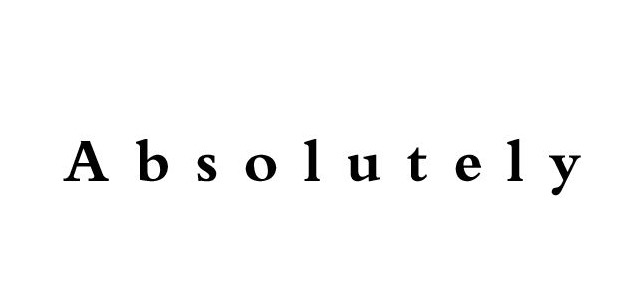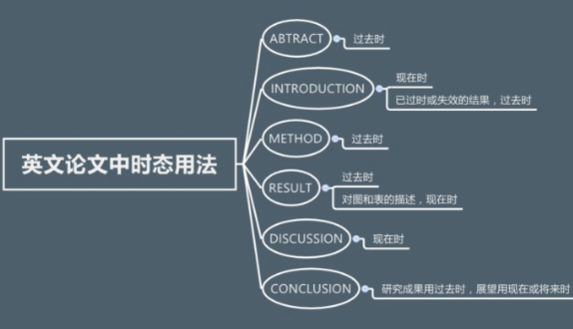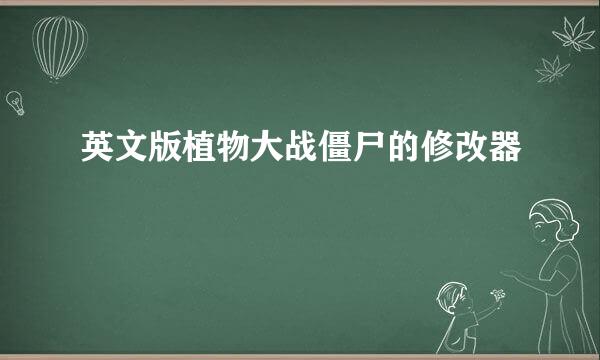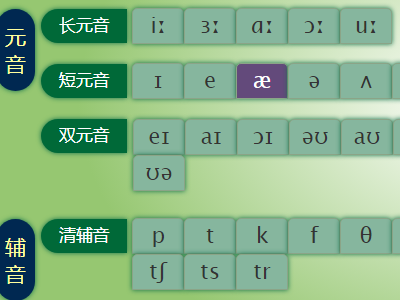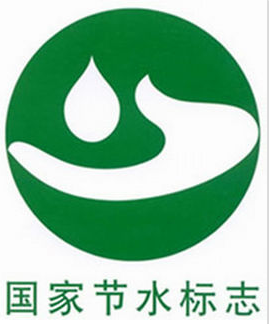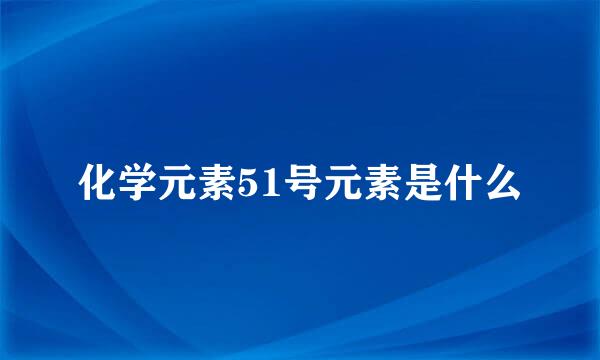absolutely
adv.绝对地;完全地;毫无疑问地;[语]独立地,分离地
读音:英 [ˈæbsə袜或孝lu:tli] 美 [ˈæbsəˌlutli, ˌæbsəˈlutli]
一、口语用法
口语中可单独使用,用于回答问题或用作评语,相当于yes, certainly, quite so等。如:
“Do you think so?”“Absolutely.”“你这样想吗?”“当然。”
“Don’t you agree?”“Oh, absolutely!”“你同意吗?”“噢,当然!”
若用absolutely not 回答则表示强烈的否定或拒绝,其中文意义大概相当于"绝对不行""绝对不会".
二、语法特点
absolutely的语气很强,表示强化的绝对极限,它本身通告稿常不允许有强调性修饰语(如不说very absolutely, much absolutely等),也不能用于比较等级。
三、例句
1、Jill is absolutely right
吉尔完全正确。
2、'It's worrying, isn't it?' – 'Absolutely.'
“这让人担忧,不是吗?”——“确实是。”
3、I absolutely refuse to get married
我决不结婚。
4、There is absolutely no difference!
这绝对没有任何不同!
5、'Did they approach you?' – 'No, absolutely not.'
“他们找过你了吗?”——“没有,绝对没有。”
扩展资料:
同义词
necessary
adj.必要的;强制的;必然的;不可避免的
n.必需品
读音:英 [ˈnesəsəri] 美 [ˈnesəseri]
复数: necessaries
例句:
1、I kept the engine running because it might be necessary to leave fast
我没让发动机熄火,因为也许需要迅速离开。
2、Wastage was no doubt a necessary consequence of war
巨大的损耗无疑是战争的团模必然结果。
3、If necessary, the airship can stay up there for days to keep out of danger
必要时,飞艇能在那里停留数天以躲避危险。
4、We will do whatever is necessary to stop them
我们要采取一切必要措施去阻止他们。
5、Is that really necessary?
那真有必要吗?

